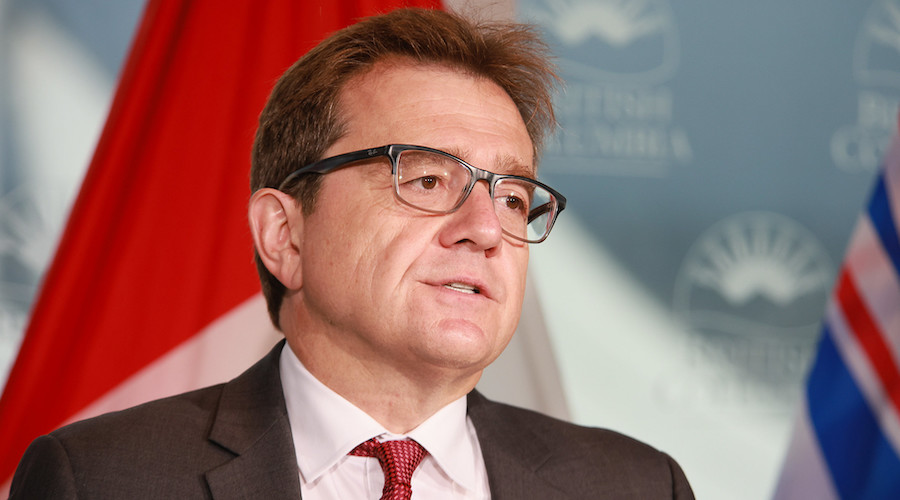
Alejandro Bodart, leader of the Socialist Workers’ Movement (MST) in Argentina, speaks about Palestine, 2024. [Alejandro Bodart/X]
by Eman Abusidu
EmAbusidu
January 9, 2025
While Argentina welcomes an Israeli soldier fleeing Brazil on charges of committing genocide in Gaza,
Argentina has given Alejandro Bodart, leader of the Socialist Workers’ Movement (MST), a six-month suspended sentence for a post he made on the social media platform X in which he condemned what he described as the ongoing genocide perpetrated by Israel against the Palestinians.
The Criminal, Juvenile, Contravention, and Misdemeanor Chamber of Buenos Aires overturned the acquittal that Bodart had initially received in a case initiated by a complaint from the Delegation of Argentine Israelite Associations (DAIA). The organisation denounced him for violating Anti-Discrimination Law 23,592 and the definition of anti-Semitism set by the International Holocaust Remembrance Alliance (IHRA), as adopted by the National State.
The case arose from Bodart’s 2022 statements in which he referred to Israel as a “racist and genocidal state” and advocated for the Palestinian cause “from the river to the sea.”
“Zionists = Nazis” and “74 years of the catastrophe that the Palestinian people are experiencing at the hands of the racist and genocidal State of Israel. The key, symbolising their stolen homes and lands, is present in every struggle. For a secular and democratic Palestine, from the river to the sea,” he wrote.
READ: Israel soldier suspected of war crimes faces legal case in Argentina
Judges Jorge Franza and Ignacio Mahiques voted to convict Bodart, asserting that his statements delegitimise the existence of Israel and incite violence, while Judge Patricia Larroca voted to acquit him.
In a statement, Bodart criticised the conviction and announced that he would appeal the decision.
“While the International Tribunal in The Hague, the International Criminal Court, the UN Commission on Human Rights, Pope Francis, countless human rights organisations, democratic sectors, and millions of people around the world condemn such crimes against humanity, and Benjamin Netanyahu is a wanted war criminal, they are trying to silence me for telling the truth in three tweets in solidarity with the just Palestinian cause. They will not succeed, because there are more and more of us who do not remain silent in the face of such barbarity,” Bodart said.
Born on 2 December 1963, in Cordoba, Argentina, Bodart began his journey as a socialist activist in the 1980s. Over the course of his career, he has held various political roles, including serving as a deputy for the Autonomous City of Buenos Aires from 2011 to 2015. During his tenure, he introduced 553 legislative bills, earning recognition for his advocacy of public education and healthcare, as well as economic reforms promoting social justice.
He currently serves as the general secretary and national leader of the Socialist Workers’ Movement (MST). He is also the coordinator of the International Socialist League (LIS), an organisation established in 2019 that unites over 30 revolutionary leftist groups across five continents.
“This is not merely a legal battle. As part of our internationalist support for the Palestinian peoples in the face of the new Nakba imposed by Israel, and as we have done since the start of the complaint over two years ago, we will continue to mobilise for the acquittal of our comrade Bodart and the defence of the right to free political expression,” Bodart’s defence team, Maria del Carmen Verdu and Ismael Jalil, said.
“In reality, the true criminal, the real serial killer, and the perpetrator of crimes against humanity and the genocide against the Palestinians is the Zionist state of Israel, currently led by Netanyahu.”
“Convicting Bodart for three tweets expressing solidarity with the Palestinian cause infringes upon the fundamental, democratic, and constitutional right to freedom of expression, and, in effect, perpetuates impunity for these crimes,” states a petition started by Argentine activists demanding his immediate acquittal. “Denouncing genocide is not a crime,” they added.








